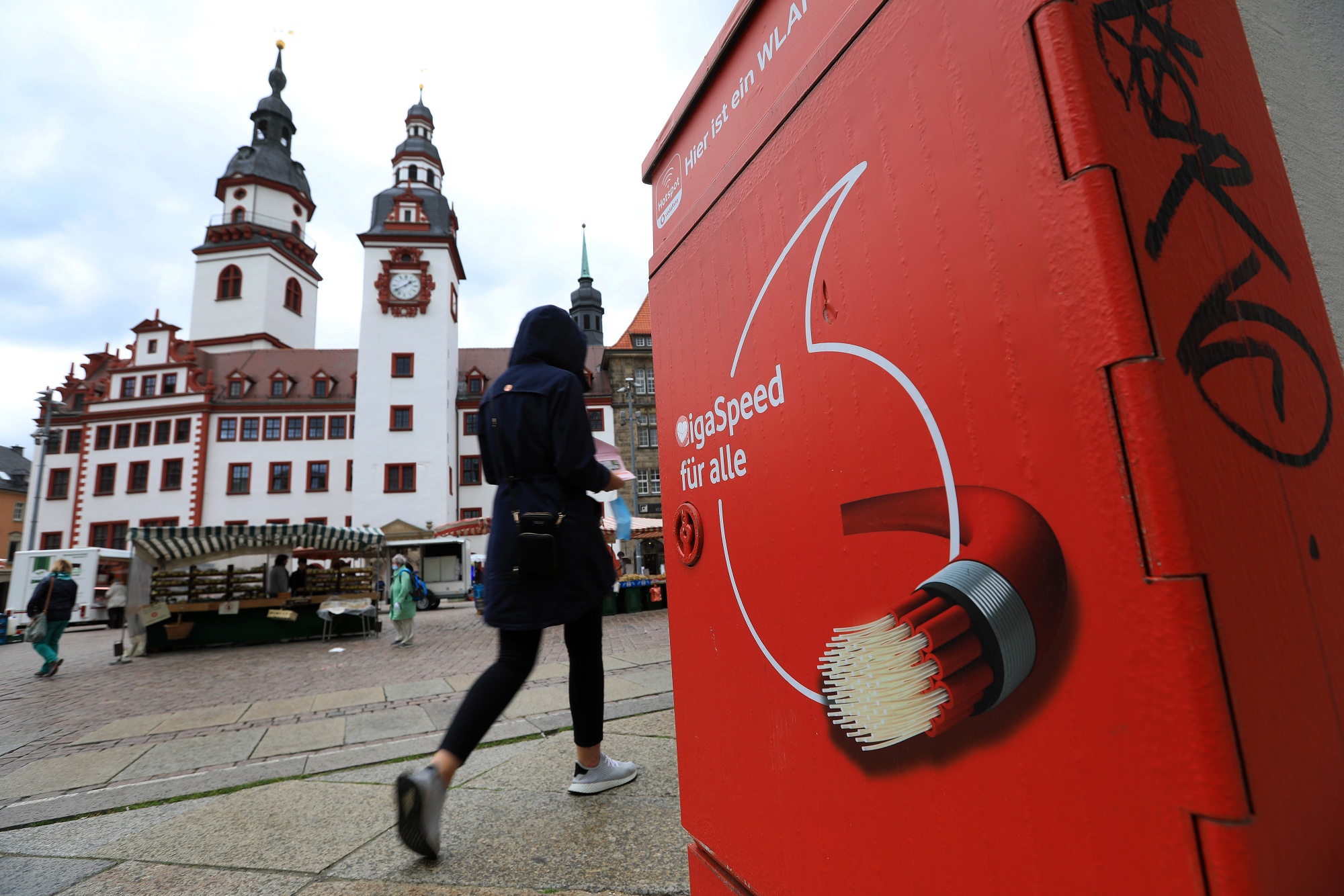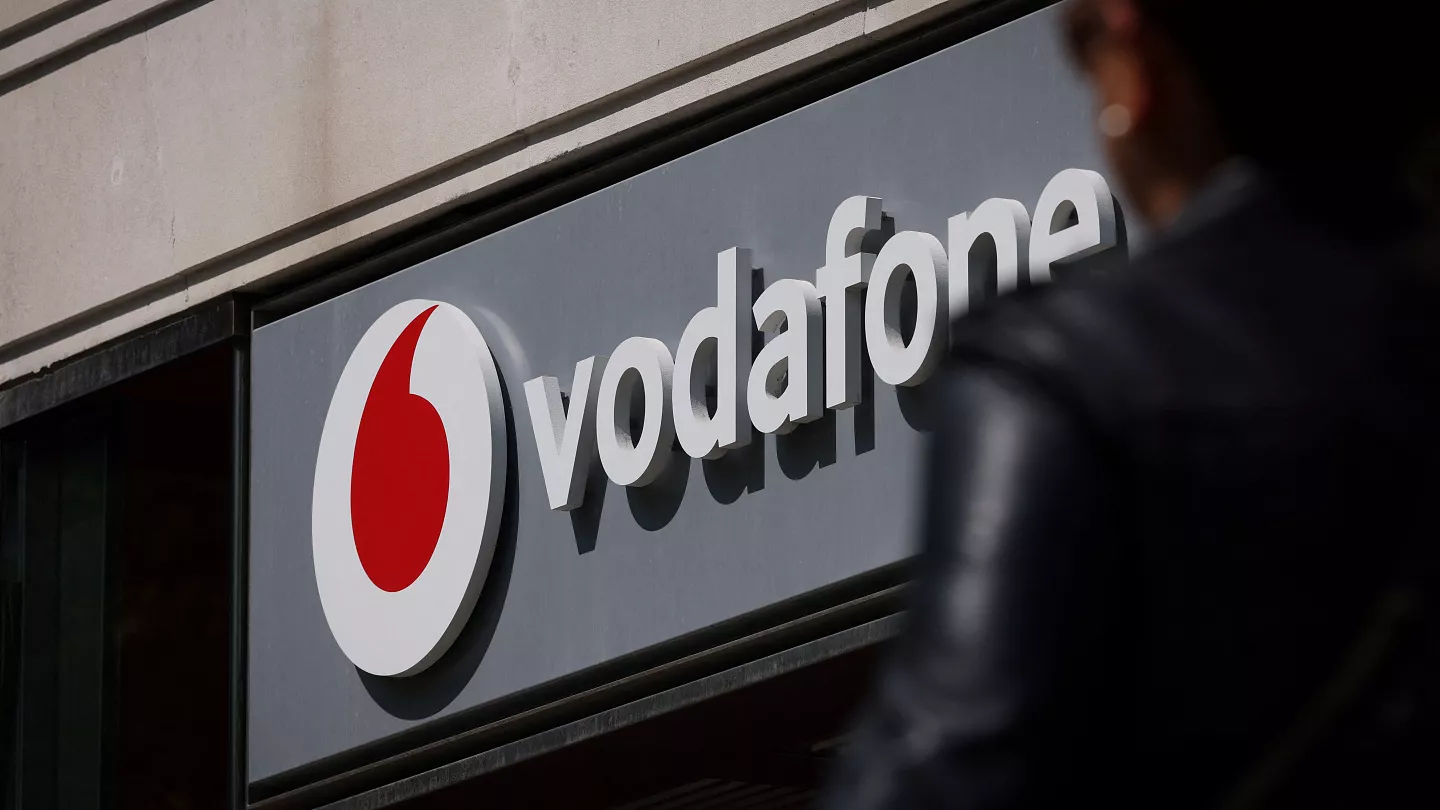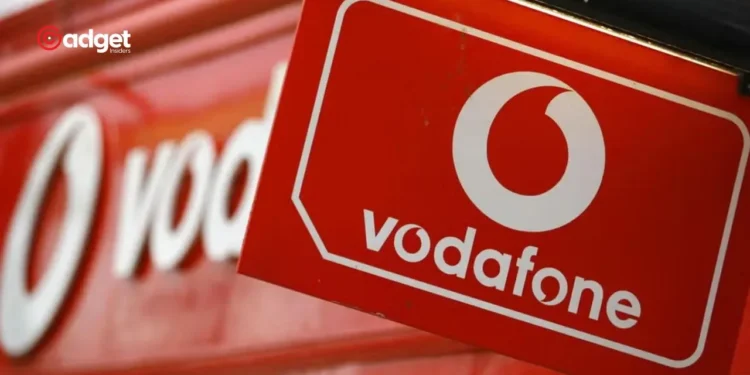Vodafone is on the brink of a significant customer transition in Germany due to an impending regulatory change that could see the telecom giant lose up to 4 million customers. This potential shift is a result of a new law taking effect in July, which will alter how broadband and TV services are provided to apartment blocks.
Instead of bulk contracts with housing associations, companies like Vodafone will need to negotiate individual contracts with tenants. During a preliminary trial of this new model, Vodafone reported that 65% of its customers opted to continue their services under the new individual billing system. This change is crucial as German households contribute to about two-fifths of Vodafone’s revenue.

Technological Enhancements in the UK
Simultaneously, Vodafone is enhancing its technology in the UK. The company recently introduced a redesigned Power Hub router as the standard option for new customers, boasting faster speeds with Wi-Fi 6 technology and superior encryption protocols.
This upgrade is a significant leap from the current Wi-Fi 5 technology utilized by competitors like BT with their Smart Hub 2. The new router supports up to 100 devices, making it an excellent choice for tech-savvy households with multiple smart devices. This upgrade is part of Vodafone’s broader strategy to not only retain its current customer base but to attract new users seeking more robust and secure home internet solutions.
Ongoing Merger Talks and Market Strategies
The backdrop to these technological and regulatory shifts is its ongoing merger talks with Three UK. This £15 billion merger is currently under scrutiny by the Competition and Markets Authority (CMA), with a decision pending. Vodafone’s CEO, Margherita Della Valle, mentioned that the discussions are progressing well and emphasized the merger’s potential benefits for stakeholders, promising increased network investments and improved services.
However, the CMA has raised concerns about the merger’s impact on competition, suggesting it could lead to higher prices and reduced service quality. This Phase 2 probe indicates a critical look at the potential reduction in market competition, as the merger would combine two of the UK’s major mobile networks.

The Competitive Edge
Despite these challenges, Vodafone is pushing forward with its restructuring plans, which have included divesting underperforming assets in Italy and Spain and implementing job cuts. These moves, along with the technological upgrades, are part of a broader strategy to pivot the company back to growth amid a fiercely competitive market.

Vodafone’s Future Amid Changes
As the situation develops, Vodafone customers and investors alike will be watching closely. The outcome of these regulatory and technological shifts will play a critical role in shaping the company’s future strategies and market positioning. For now, company’s proactive approach in upgrading its technology and restructuring its business model highlights its determination to stay ahead in the game, even as it faces potential setbacks.










